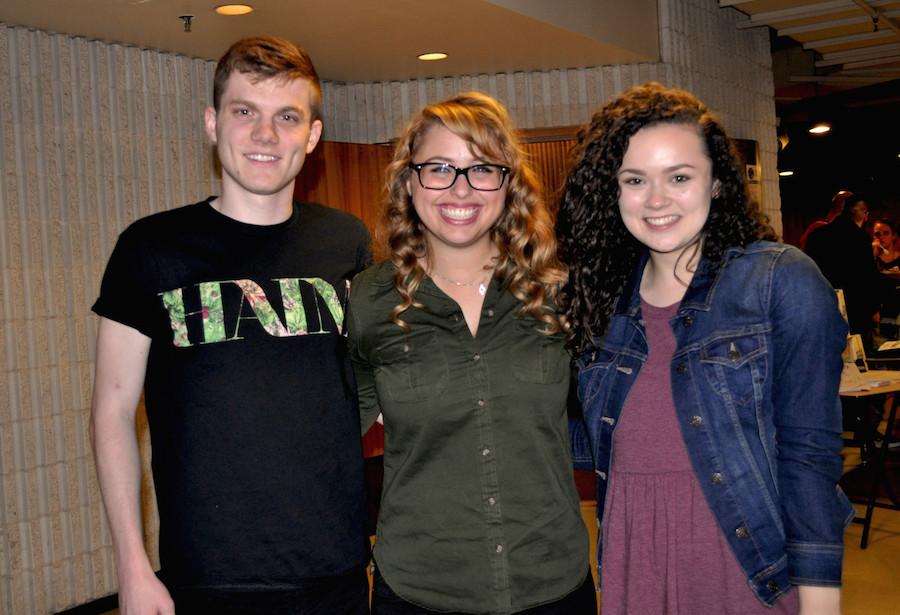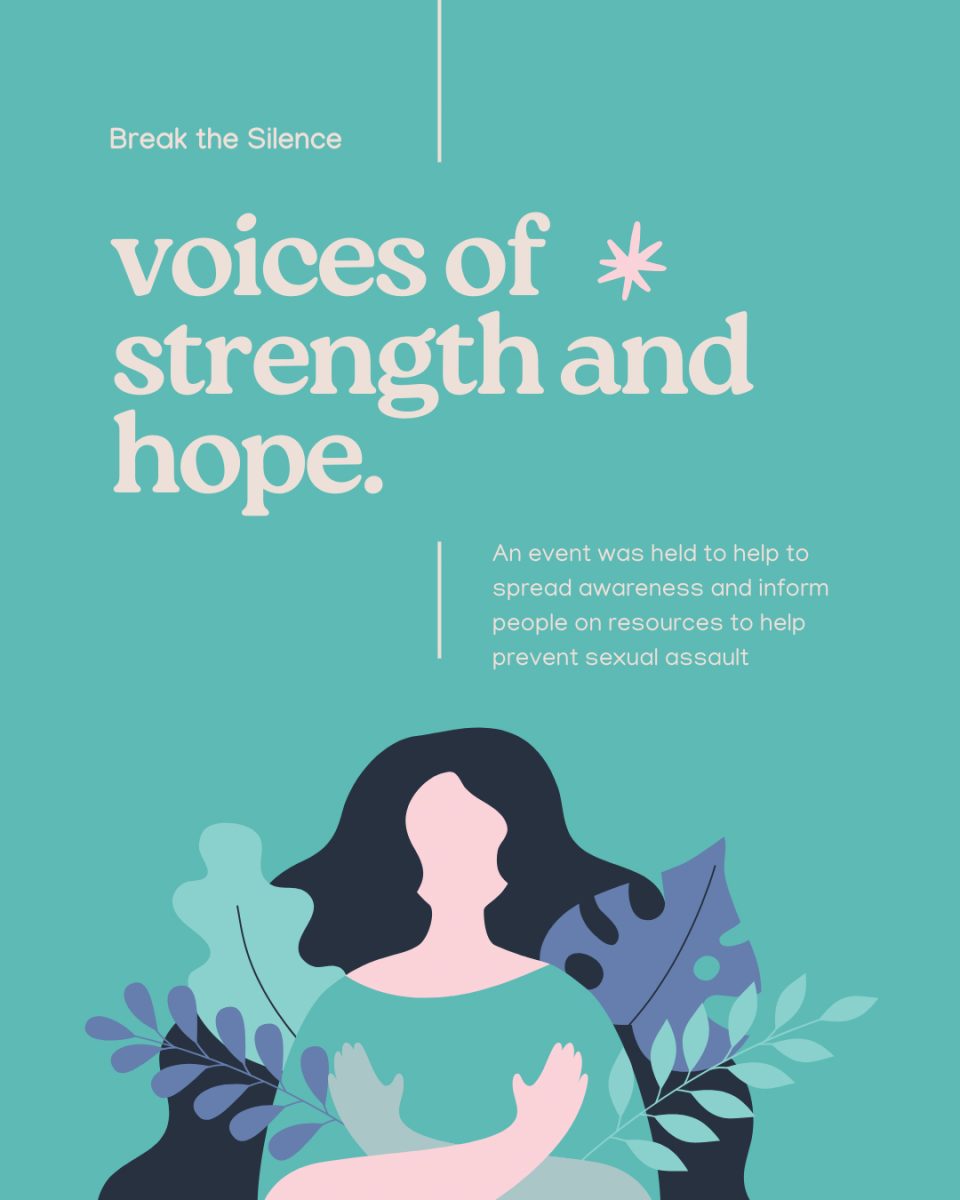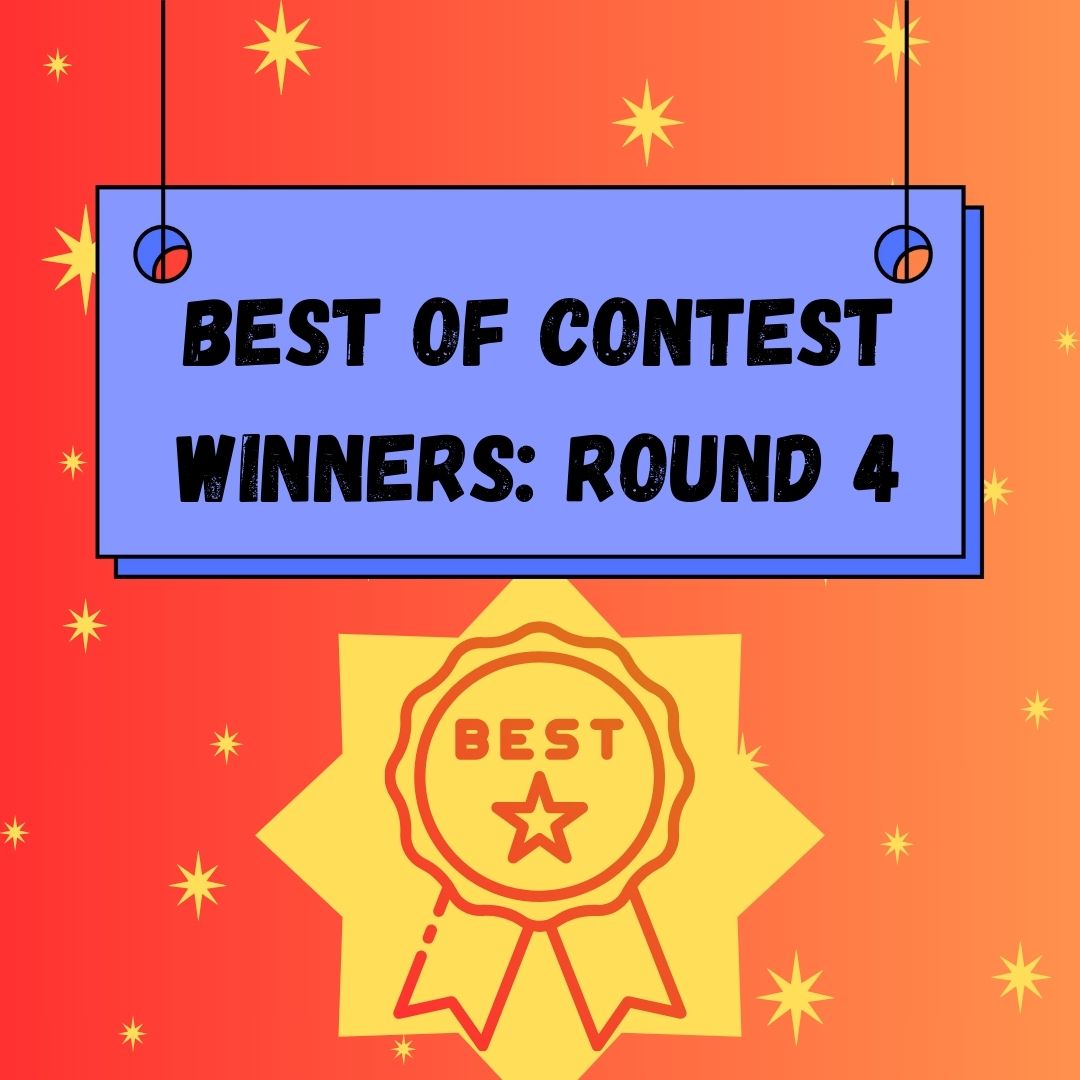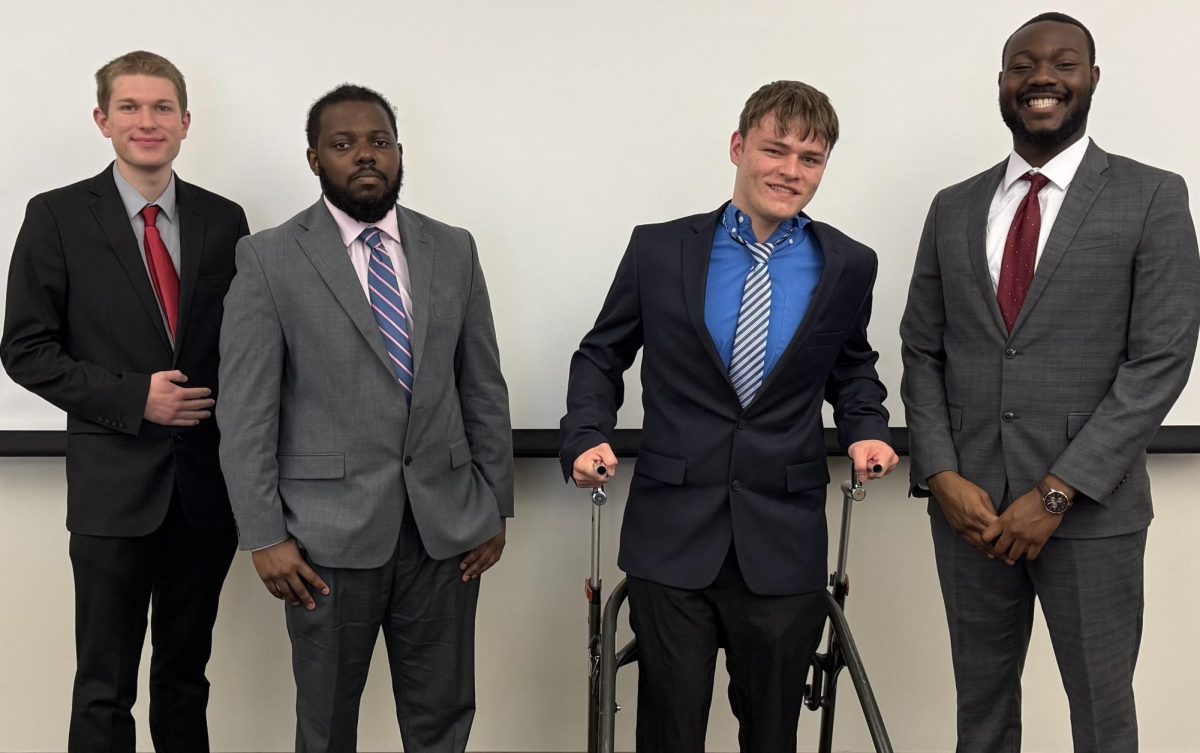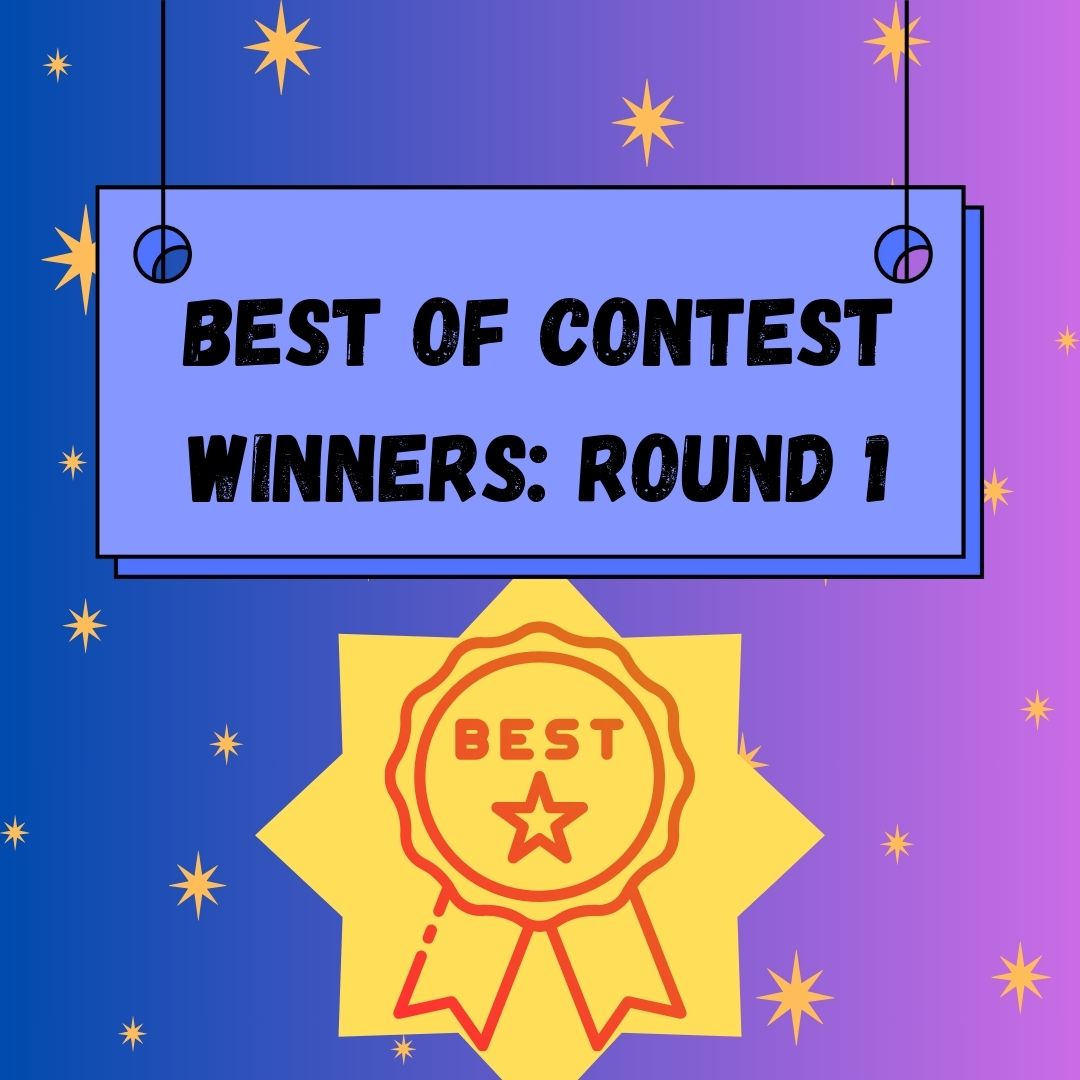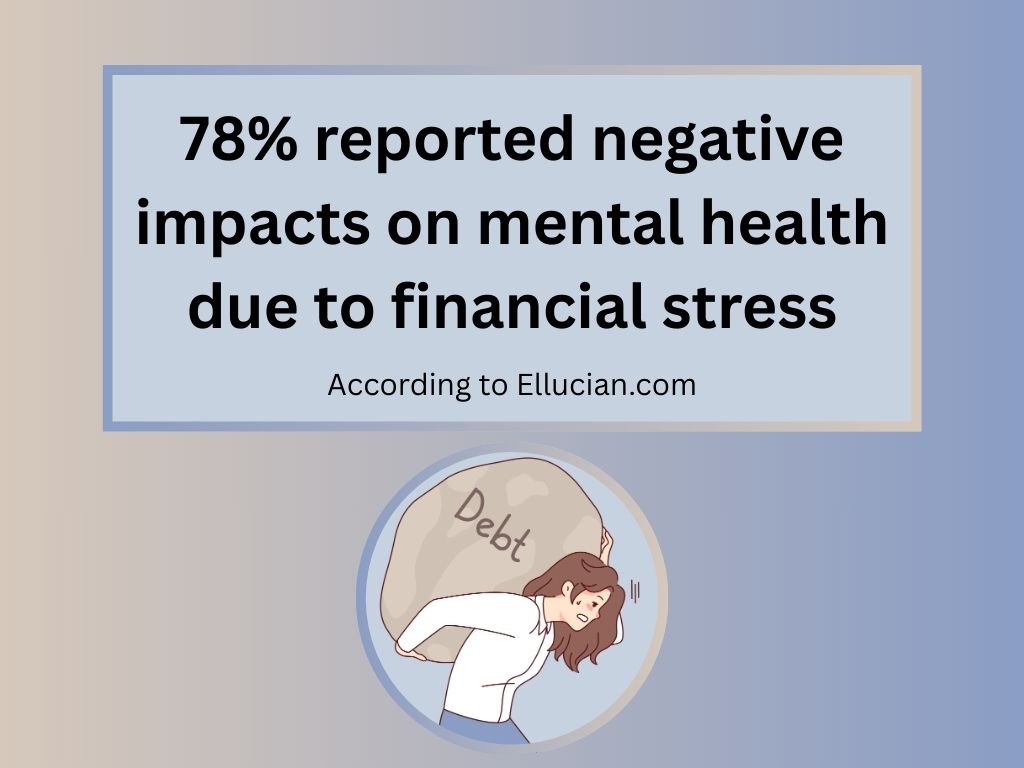UIS gets schooled on the best sex ever with Youtube star and sex educator Laci Green
October 7, 2015
It was 7 p.m. on a Friday night, and people were gathered in Brookens Auditorium to see YouTube star Laci Green explain how to have the “best sex ever.”
Before the event began, the Saturday Night Live song “I Just Had Sex” played over the speakers. Green was here as the kickoff event for Queertober, a month-long series of “educational, informative and social” events held by the LGBTQA Resource Office, as noted on their webpage.
Green, 25, is a graduate of the University of California at Berkley with a degree in legal studies. She spent time working as a rape and domestic violence counselor for the state of California and also worked for Planned Parenthood. Her fame stems mostly from YouTube, where her channel has 1.4 million subscribers, as well as her work for Discovery News (where she was a host for online videos) and MTV (in a series called “Braless,” also online). She even has her own Wikipedia page.
The presentation began with her noting that there has been a “nationwide failure to talk about sex,” with Green explaining that her talk is about “All the things I wish I knew when I was 16 or 17.” Things that you “need to know to get sexy.” Things that “in my opinion should be in the classroom, both at the high school level and at the college level.”
First was a discussion of the anatomy of both men’s and women’s respective sex organs, accompanied by photographs, and an explanation of the mechanics thereof, in a frank and uncensored manner; in prefacing this portion of the discussion she said, “we’re gonna talk about all these holes.”
When the talk shifted to male anatomy, Green noted her objection to circumcision (citing data that 58 percent of men in the U.S. are circumcised, while that number is 32 percent in Canada).
Her objection is based on the fact that newborns can’t consent, and that the natural male anatomy has a useful and pleasurable function which those who are circumcised are deprived of.
As backstory, she explained that John Harvey Kellogg, the founder of the cereal brand, advocated it entirely as a means of curbing masturbation.
Speaking of which, Green believes that said activity is enjoyable, safe, and healthy, and that she is a “big fan.” This is a theme of the evening, in which Green advocated for sex positivity, explaining that children often engage in a non-sexual and less intense version of the same activity, and that the resulting scolding from parents or other adults creates an association of shame with what she sees as healthy behavior.
Next on the agenda was a discourse on sexually transmitted infections, in which it was explained that many are common, often present without symptoms, and are, for the most part, curable. This was followed by a survey of the available means of protection, including external condoms, internal condoms, dental dams, and latex gloves.
The talk concludes with a conversation about consent, or, as Green expresses “the difference between sex and sexual assault.” Consent, as she elucidates, is comprised of a sober, ongoing, out-loud-and-enthusiastic yes, with each being pivotal to the expression, (for example, “too drunk to drive is too drunk to have sex”).
To illustrate the point, the members of the audience read cards previously attached to seats, starting with green-colored cards which express unequivocal consent, yellow cards with statements or situations which are not clear and call for slowing down activities, followed by red cards, expressing sentiments with an unequivocal lack of consent, with the last red card being silence.
In the last few moments, she exhorted the importance of discussion and communication, and Green’s view that sex is “natural and okay,” and “nothing to be ashamed off.”
And her answer to how to have the best sex ever? Knowledge, self-love, safety, consent, communication, respect. Though “results may vary.”
Garrie Allen and Garret McAlister, both senior political science majors, enjoyed the talk. Allen said it was “fantastic, this is the type of sex education we need.”
McAlister said, “it was awesome, very educational,” adding that he appreciated the tone and sex-positive message. This reaction seemed representative, as a long line of attendees formed after the talk to take pictures with Green and speak with her one-on-one.
For more information on Laci Green, or to view her sex education videos, her YouTube page can be found at https://www.youtube.com/user/lacigreen; she is also on Twitter, Tumblr, and Facebook, and has a website at http://www.lacigreen.tv/.
The talk was made possible by the Student Activities Committee, Health Services, the Department of Women and Gender Studies, the Student Government Association, and the LGBTQA Resource Office. This is the first event of Queertober, and future events can be found at http://www.uis.edu/lgbtqa/programs/queertober/.



